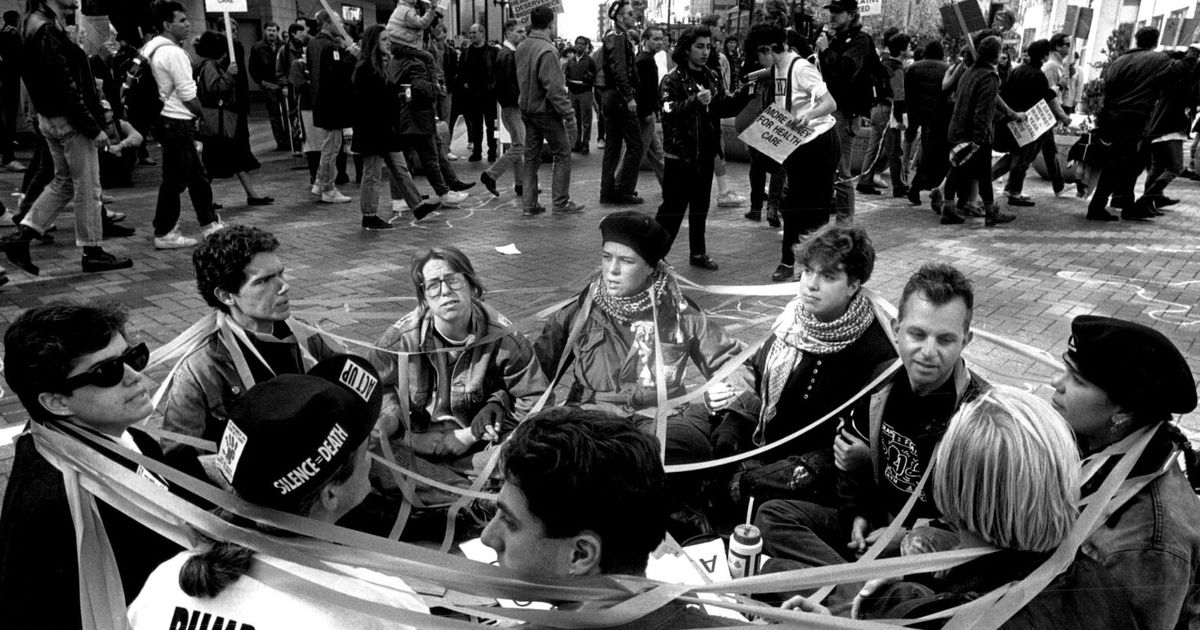Long before the corporate sponsorships and rainbow capitalism, Pride started as an uprising. In 1969 at the Stonewall Inn in New York City, yet another police raid sparked a backlash and Black and brown transgender activists like Marsha P. Johnson and Sylvia Rivera were key parts of the resistance .
A year later, NYC held its first Pride march. But as Pride has become more mainstream, its revolutionary roots have been too often hidden. Now, protests during Pride celebrations by activists looking to draw attention to social justice causes are viewed as impolite disruptions to a fun time, not part of a proud legacy of agitation and activism.

But artist and activist Chad-Henry Goller-Sojourner said that attitude forgets Pride’s true roots. Goller-Sojourner said while the floats and drag queens are great, “The moral compass of the queer community ..
. was rooted in activism.” Goller-Sojourner is an artist and friend I have known for about 20 years.
His autobiographical solo shows explore topics like police brutality against Black people, transracial adoption, eating disorders and AIDS activism during the height of the crisis in the 1990s. Like so many other LGBTQ+ activists over the past 50 years, Goller-Sojourner’s experiences advocating for justice and equity for queer people laid the foundation for the progress that too many now take for granted. Goller-Sojourner remembers well a time when attending a Pride event came with great risk.
“In the ’80s, pretty much every.























